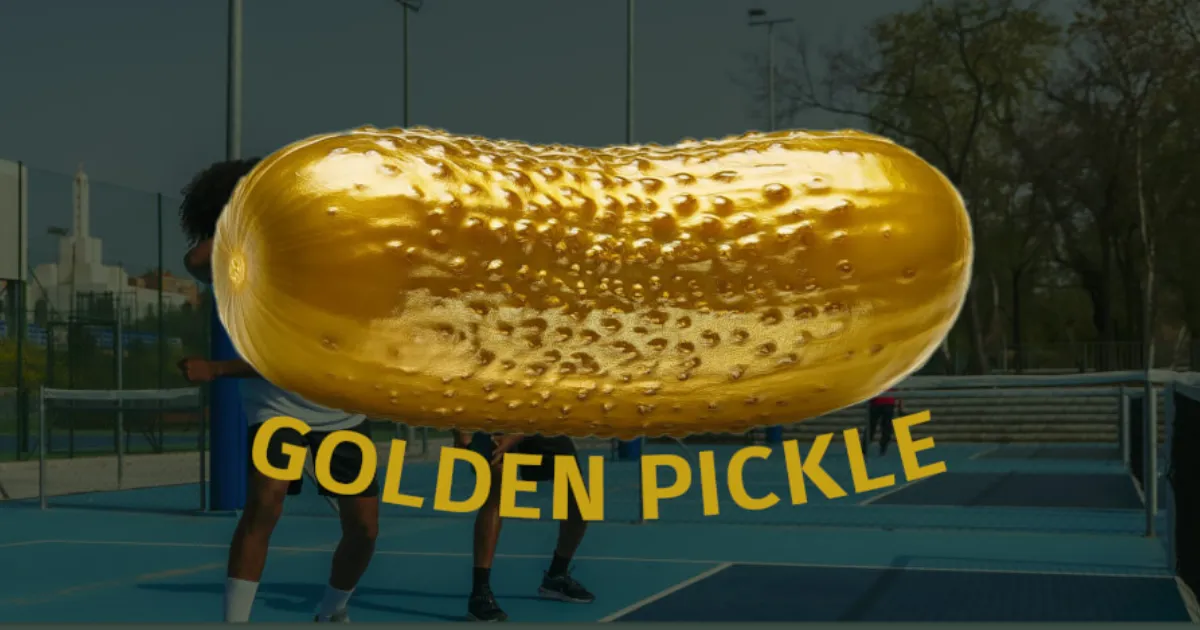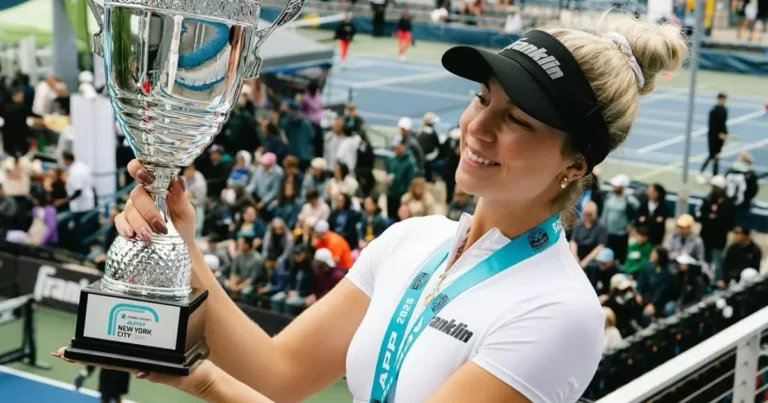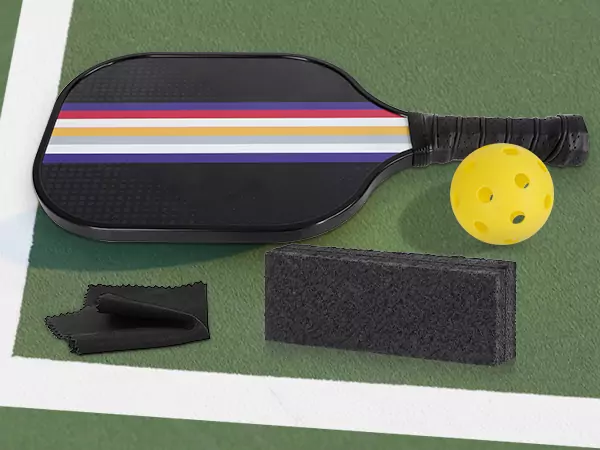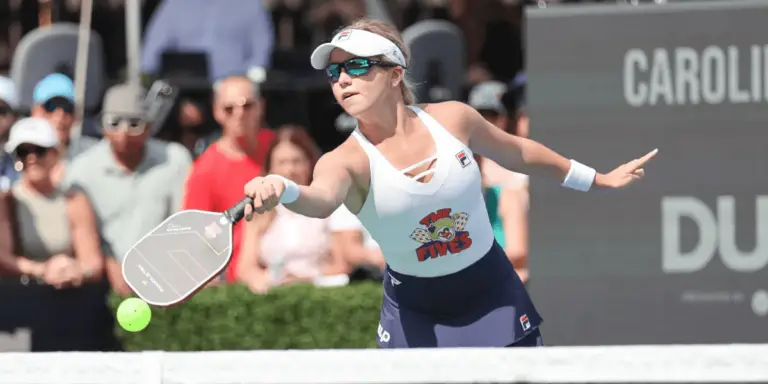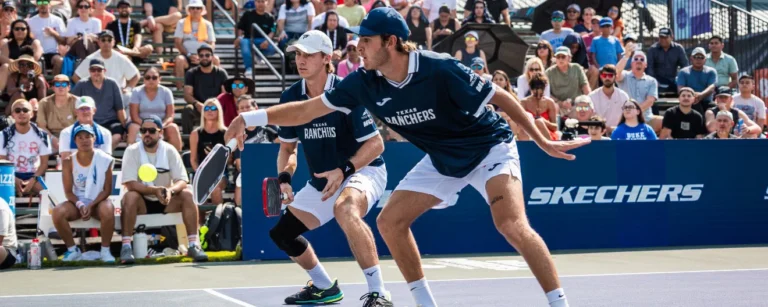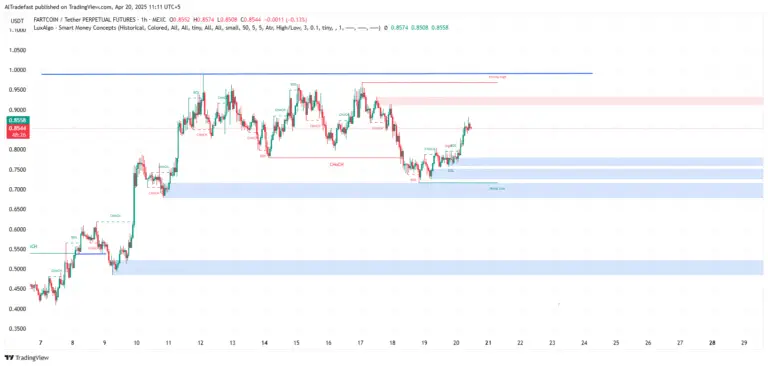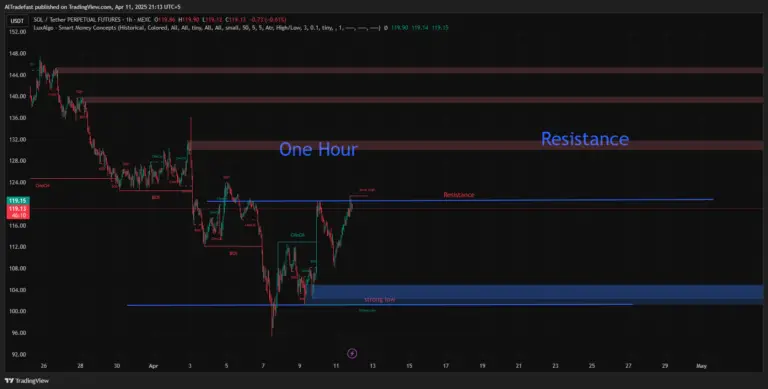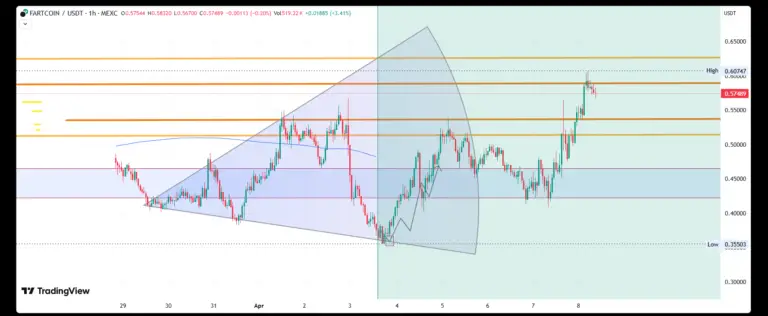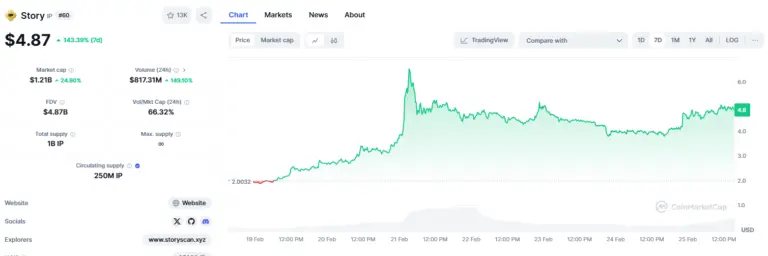What Is a Golden Pickle in Pickleball?
If you’re diving into the world of pickleball, you might hear the term “golden pickle” pop up on the court. While it might sound like a trophy or a unique accolade, a golden pickle actually describes a specific—and rare—situation in a pickleball match. Let’s break down what a golden pickle is, how it happens, and why it stands out in the pickleball community.
Understanding the Golden Pickle
A golden pickle occurs when one team wins a game without the opposing team scoring any points or having the chance to serve. Essentially, if the final score is 11-0 and your opponents never get to put a serve into play, you’ve experienced a golden pickle. This rare feat is essentially a shutout victory, showcasing complete dominance on the court.
While the term is widely recognized in casual play, it’s not part of official pickleball terminology. Unlike a typical shutout, which might be referred to as a “donut,” “bagel,” or “skunk,” a golden pickle signifies that the losing team never had the opportunity to serve.
How Does a Golden Pickle Happen?
Several factors can contribute to a golden pickle, often involving a combination of skill, strategy, and a bit of luck:
- Powerful Serves: A team with strong serves can keep their opponents off-balance, quickly accumulating points while denying them the chance to return the ball effectively.
- Unforced Errors: If the losing team frequently makes mistakes—like hitting the ball into the net or out of bounds—this can lead to a golden pickle.
- Strong Court Positioning: Teams that control the kitchen area (the non-volley zone near the net) can dictate the pace of the game, making it difficult for the other team to score.
- Effective Communication: Good teamwork and communication can help winning teams set up plays that keep their opponents guessing and struggling to find any rhythm.
While a golden pickle is rare, it’s more likely to occur when there’s a significant skill gap between the two teams or when one team is simply having an off day.
Are Golden Pickles Common?
Golden pickles are relatively uncommon, particularly at higher levels of play where even less experienced teams typically manage to score a few points. However, they may happen more frequently in recreational games or among newer players. Whether you find yourself on the winning or losing side of a golden pickle, it’s generally taken in stride as part of the learning curve in the sport.
Tips to Avoid Being Pickled
No one enjoys getting shut out, but there are strategies you can implement to avoid falling victim to a golden pickle:
- Focus on Consistency: Keep the ball in play and minimize unforced errors to prevent giving away points.
- Control the Kitchen: Get to the net quickly to apply pressure and improve your chances of scoring.
- Enhance Communication: In doubles, ensure you and your partner clearly communicate about who will take each shot to avoid errors.
- Practice Your Serve: A strong, reliable serve can put your opponents on the defensive from the start, helping you regain control of the game.

Fun Terms Related to Golden Pickles
Pickleball has its own fun vocabulary, including terms like:
- Pickled: If you lose without scoring, you’ve been “pickled,” which is similar to experiencing a golden pickle from the losing team’s perspective.
- Dill Pickle: This term refers to a game where one team loses 11-1—avoiding a shutout but still facing a tough defeat.
These playful terms add to pickleball’s social and enjoyable nature, enhancing players’ camaraderie.
Conclusion
In summary, a golden pickle in pickleball is when one team wins 11-0 without the other team ever serving. While rare, achieving a golden pickle showcases exceptional skill and control on the court. Whether you aim for a golden pickle or work to avoid one, remember that the essence of pickleball lies in enjoying the game and learning from each match.
